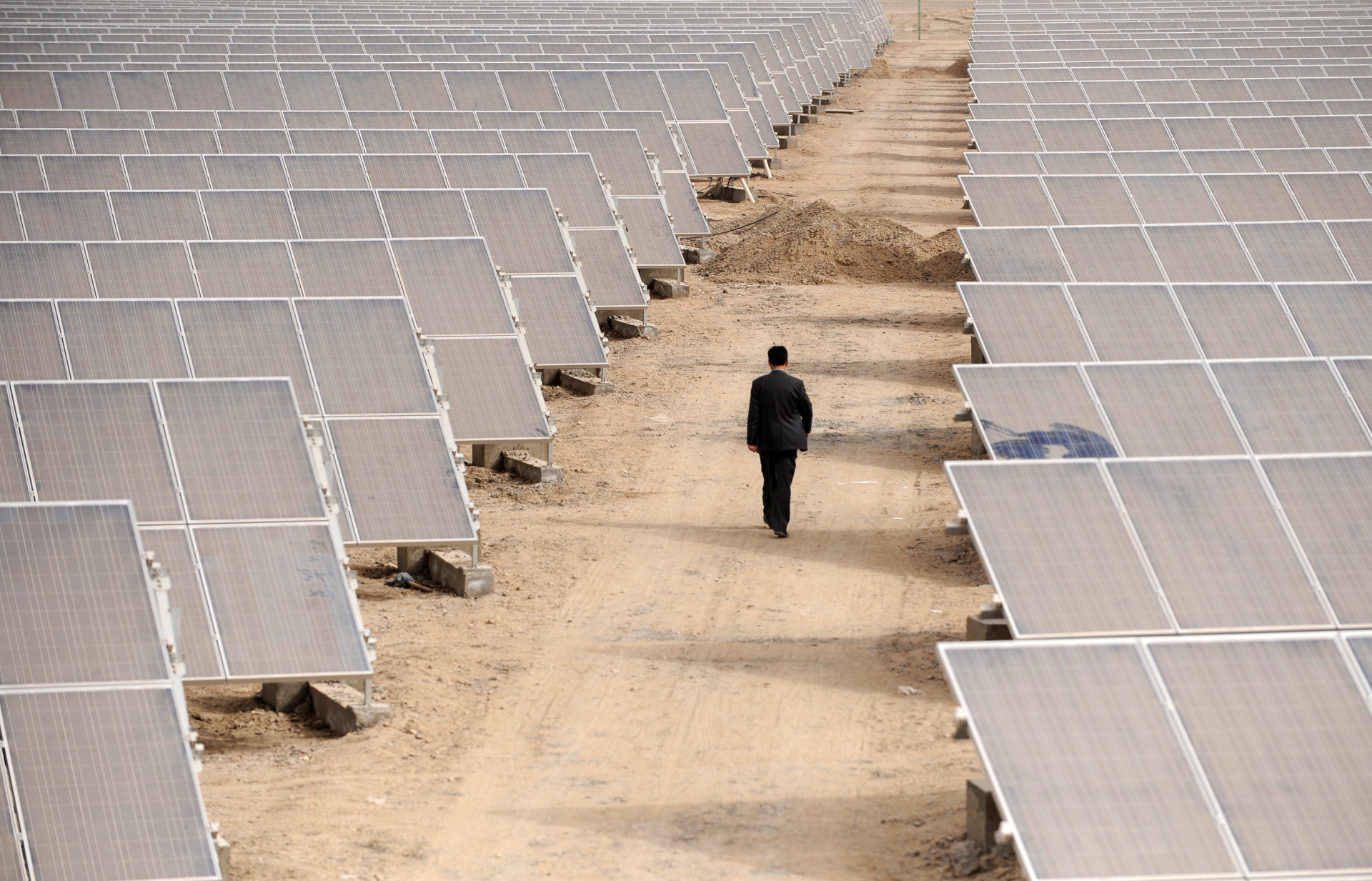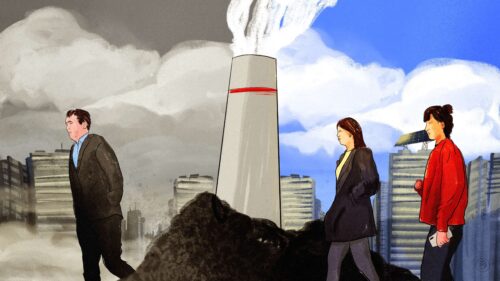U.S. bans some Xinjiang-produced solar products over forced labor allegations
Citing “information reasonably indicating” the use of forced labor, the U.S. placed an import ban on Xinjiang-based Hoshine Silicon Industry Company. Several other Chinese solar companies were also blacklisted.

Last month, Sheffield Hallam University published a detailed study on how the Chinese government’s “labor transfer” programs in Xinjiang broadly implicated the region’s solar panel supply chain in forced labor practices. CNN described how the research built on previous reports of forced labor in the region:
Allegations have been raised before that forced labor in Xinjiang has been used to produce polysilicon, a key component for making solar panels. But this latest research indicates that the practice is also used in the mining and processing of quartz, the raw material at the very start of the solar panel supply chain.
Today, the U.S. announced an import ban on Xinjiang-based Hoshine Silicon Industry Company, the world’s largest producer of metallurgical-grade silicon, which had been featured as a case study in the Sheffield Hallam report.
- The ban was based on “information reasonably indicating that Hoshine used forced labor to manufacture silica-based products,” the White House said.
- Additionally, five Xinjiang-based entities were blacklisted by the U.S. Commerce Department, meaning that U.S. companies cannot supply them — Hoshine, Xinjiang Daqo New Energy, Xinjiang East Hope Nonferrous Metals, Xinjiang GCL New Energy Material Technology, and the XPCC (Xinjiang Production and Construction Corps) — and Chinese-produced polysilicon was added to a U.S. Department of Labor list of goods produced by child labor or forced labor.
The U.S. government had previously sanctioned the XPCC and banned the import of cotton and tomato products from Xinjiang over allegations of forced labor. The allegations over forced labor in the cotton supply chain led to a nationalist backlash in China in March and April, with consumers briefly boycotting brands such as H&M, Adidas, and Nike for avoiding Xinjiang cotton.
Economic implications for the solar industry
Xinjiang “accounts for 45% of global polysilicon production,” according to renewable energy research company InfoLink. But because the U.S. only accounts for 14-15% of polysilicon demand, “polysilicon sourced from regions outside of Xinjiang is sufficient” even with import bans.
The Xinjiang solar industry does not expect a major impact. Many companies had anticipated the move — an executive at Daqo New Energy, one of the blacklisted companies, acknowledged last month in an interview with Bloomberg that there was a “good probability” the U.S. would ban Xinjiang-produced polysilicon.
- Xinjiang’s solar companies have been factoring U.S. sanctions into their business plans since the start of the trade war in 2018, so exclusion from the U.S. market is not expected to hit them hard, the SCMP adds today.
- One major Xinjiang-based polysilicon producer was even spared from U.S. sanctions: Xinte Energy saw its Hong Kong–based stocks rise 7.3% after three of its major rivals were blacklisted today, Bloomberg reports.
Beneficiaries of the U.S. move include Chinese polysilicon makers that don’t have factories in Xinjiang, such as Tongwei Co., as well as U.S. domestic solar manufacturers, such as “FirstSolar, which does not use polysilicon in its panels and recently said it would double production in the United States by opening a third plant in Ohio by the middle of 2023,” per the New York Times.






